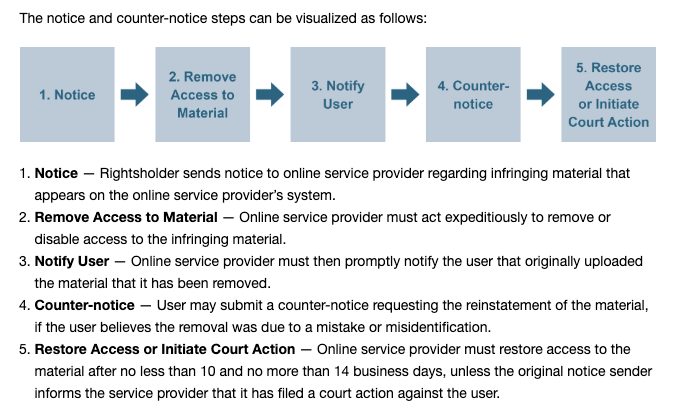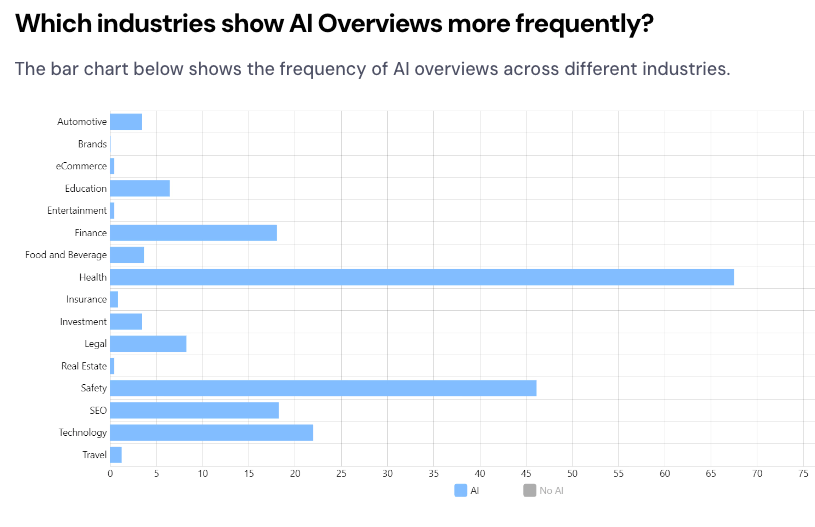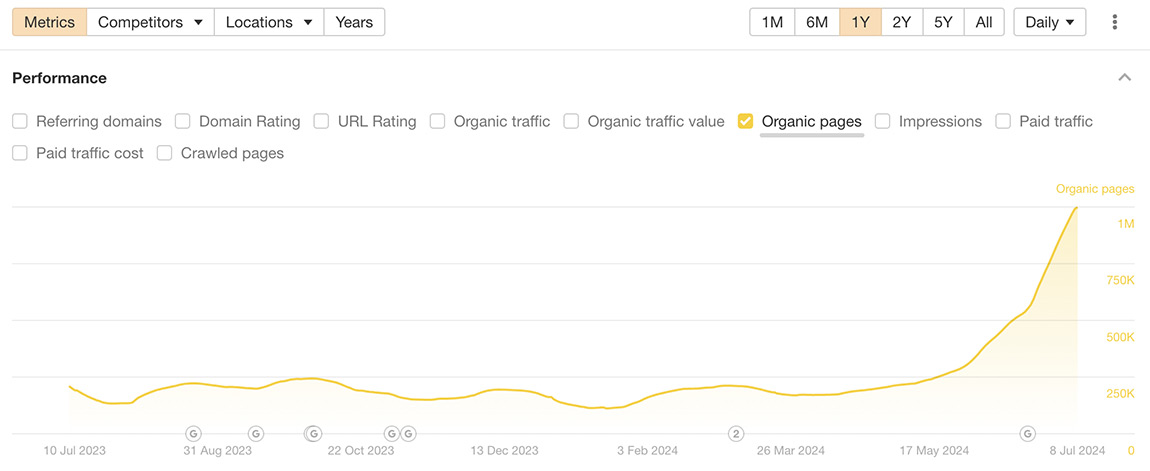Fake Review Takedowns, Health AIOs, 1M AI-Generated Pages

Fake Reviews Need Notice + Takedown
Mike Blumenthal reported on a $5 million fine for a Washington-state plastic surgeon who had been faking reviews and using NDAs and payments to suppress criticism for years. This was a pretty egregious example of review fraud. Behind it there was likely significant real-world financial and even physical patient harm. Yet much of the fake review discussion occurs in the context of SEO/rankings or in the abstract. We don't often consider the real-world costs to people and honest businesses. It's one thing to be duped into a mediocre restaurant meal, it's quite another to choose a mediocre doctor or incompetent attorney because their profiles and rankings are inflated by review fraud. The consequences in those cases can be life-changing. And the review platforms have essentially no accountability. Their fake review enforcement is simply about their own perceived brand integrity. All the platforms, and especially Google, promote their efforts to address review fraud. Yet Google did not remove this high-profile fraud-doctor's reviews even after he was convicted. Section 230 allows platforms to take a "whimsical" approach to content moderation without fear of legal repercussions. What we need is 230 reform and something that looks more like copyright enforcement online.

Our take:
- Copyright rules have a notice and takedown procedure. Here, the liability shield is contingent on platform cooperation. Otherwise: liability.
- Once a compliant notice (TBD) is served that triggers an obligation to remove the offending material. There are also ways to resolve disputes.
- We need to not just focus on the ranking harm but on the real-world consequences of review fraud and the failure to sufficiently address it.
Health AIOs Most Common
There have now been multiple AI Overview (AIO) studies since Google I/O. The latest comes from Advanced Web Ranking. Based on an analysis of 8K keywords in early July, AIOs appeared in 12.4% of Google SERPs. This is a larger number than in several recent studies, which put AIOs in single digits. Health was the vertical that saw a higher percentage (a majority of queries) than any other. This is potentially problematic because of hallucination. However, the top AIO-featured health domains were largely reputable sources (e.g., Mayo Clinic). The top two domains appearing overall in AIOs were LinkedIn and YouTube. Search strings of five or more words were more likely to trigger them, especially with terms such as "'how,' 'SEO,' 'safety,' 'tips,' 'practices,' 'manage,' 'understanding,' 'importance,' 'prepare,' and 'best.'" On average, AIOs had roughly 7 links; just under half were from outside the top 50 results. The study also points out that the average AIO is 912 pixels long and pushes organic listings down meaningfully, especially in mobile. No AIOs appeared for branded or navigational searches; they were most common for informational queries. The other features most often appearing with AIOs were: PAA, Snippets, Video, Forums.

Our take:
- As you know, Google retreated on AIOs after some highly embarrassing mistakes with questionable or incorrect information.
- AIOs were originally created hastily to compete with ChatGPT and Bing Chat. Now that those threats appear reduced, there's less need for AIOs.
- In local there's almost no AIO activity; however there are some new AI-generated local SERP experiments happening.
Nextdoor Now Has 1M AI-Generated Pages
Glen Allsopp is out with a lengthy list of Q4 SEO-related insights about major brands and publishers that dominate Google results. He talks about too many things to capture or summarize here; so I'll mention just a few. Last year Nextdoor used AI to generate hundreds of thousands of pages for SEO (over 1 million now). Those pages are apparently seeing great ranking success. As Allsopp explains, "Traffic to these pages has almost tripled since I last checked ... [and] recently passed the one million URL mark." Allsopp says that "of the 522 content-first sites we track ... 228 have seen traffic increase, while 294 have seen traffic decrease." The median decrease was -560K visits. The average traffic decline was 21.16%. In contrast, digital media company Puck is driving lots of revenue with relatively little search traffic. And Allsopp points out that other publishers are trying to steer away from reliance on SEO. Quora, which has massive search traffic and is one of Google's top forum sites, is riddled with product-review spam as a result. Finally, Google travel competitors in Europe are saying DMA regulations have had almost no discernible impact. There's more here.

Our take:
- Although he doesn't explicitly list them out, there's plenty of general strategy and SEO recommendations in the article.
- Two seemingly contradictory trends: movement away from SEO/search reliance and increased use of AI pages and programmatic SEO.
- Because of ranking volatility it's important to aggressively diversify away from search, while still engaging in SEO best practices.
Recent Analysis
- Seattle Surgeon Slammed with $5M Consent Decree, by Mike Blumenthal.
- Near Media podcast encore episode: What and why of review fraud on Google & how to deal with it.
Short Takes
- Top 5 local SEO and marketing takeaways from MozCon 2024.
- Google layering review text over related GBP photos.
- New Google Maps pop-up ad unit "add stop" appears.
- Embedded YouTube videos on landing pages boost ranking.
- AI spam articles outranking human-reporting on the same topics.
- Report: ~30% of Google queries on iPhone from Google App.
- Google broad match default-enabled for new search campaigns.
- Study: 76% of subscription sites and apps used "dark patterns."
- Amazon launches fusillade of AI products to hold off cloud rivals.
- LinkedIn the most trusted, Twitter the least trusted social platform.
- Google lobbying Congress to reduce funding for antitrust enforcement.
- Stinging critique of global technology regulation by the EU.
- Google and Hubspot end acquisition talks.
Listen to our latest podcast.

How can we make this better? Email us with suggestions and recommendations.

